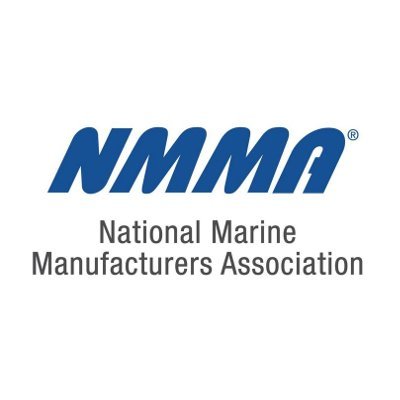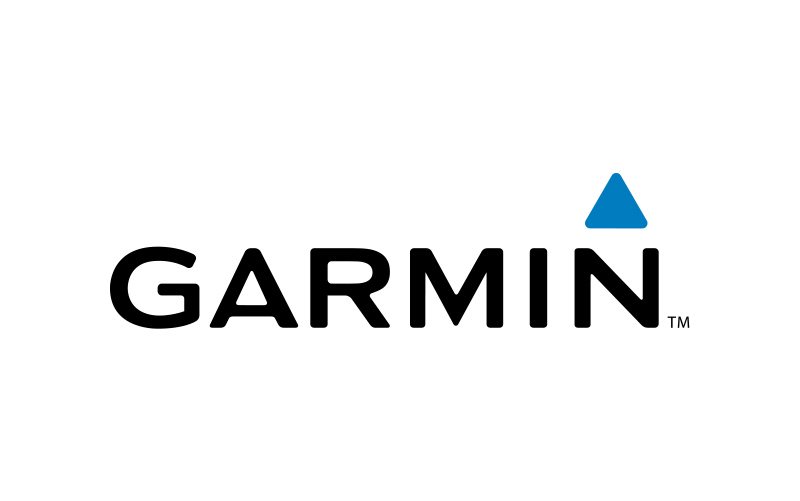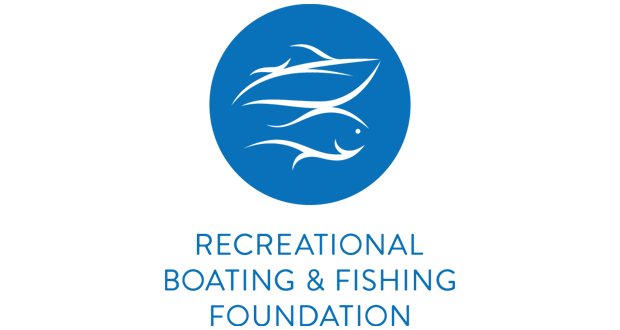New AMI Operations Manager Charts a Steady Course
In late June, Brooke Fishel assumed leadership duties at the Association of Marina Industries, taking over from Jim Frye, who resigned his position as AMI’s executive director to become president of Atlanta-based Vinings Marine Group, which owns and manages marinas. Fishel, who is now operations manager, joined AMI three years ago, as manager of communications, relocating to the Washington area with her husband, who works for the FBI.
Q: What were you doing with AMI before assuming Jim Frye’s duties?
A: Prior to my current position with AMI, I served as the manager of communications for the association. My duties included member communication through the association’s three primary communication vehicles: the monthly e-newsletter, the weekly “NewsWatch” email and the bi-weekly “News Fax.” I also handled the planning and administration of the annual International Marina & Boatyard Conference, as well as marketing and membership duties for the association as a whole.
Q: How will your role vary from Jim’s?
A: Jim held the title of executive director as a staff member of the association and at the same time was also the president of the AMI board. His departure ended his tenure with AMI as executive director, but he still remains president of the board in a non-staff position.
During his time as a staff member at AMI, Jim was responsible for the business of the association, as well as serving as director of Marinas and Boating Access with the National Marine Manufacturers Association. The dual role of running the association as well as championing the water access issue has now been broken up into two distinct jobs.
I will take over managing the business of the association and serving its members, and the water access responsibilities have fallen to new hire Dylan Jones (for more on Jones and water access, please see related article on page 24). This new setup will allow both groups to get 100 percent of the attention that they deserve. With my focus now fully on the association, I will continue fulfilling the responsibilities we have to our membership, which include critical legislative and regulatory support, timely industry information, advice and direction, money-saving programs and the growing training and certification programs that we offer.
Q: What are your priorities as operations manager? How does increasing/preserving water access fit into your vision?
A: There are many areas in which I would like to see the association succeed as we move forward; however, the biggest priority as an association is the growth of training and certification. The marina industry has become a sophisticated business, and customers are expecting more for their boating dollar. Increased professionalism and innovation in our industry can only make our industry stronger through continued training in overall marina management and including trained personnel in all facets of the business.
The association provides several training opportunities throughout the year, including the upcoming National Dry Stack Conference, the Marine Service Management Course, the Intermediate and Advanced Marina Management Courses and the annual International Marina & Boatyard Conference. The IMBC is not only a great way for marina managers to learn new things in the industry, but it provides a way for marina professionals to network and become a more unified industry. It is important that marina managers speak with one strong voice on topics that greatly affect their bottom lines.
One major topic is, of course, water access. By increasing the professionalism, knowledge and cohesiveness of the people in the marina industry, we will become a stronger voice to fight legislation and policies that are greatly hindering the ability of marinas to grow and expand, thus limiting the places where the public can enjoy this great recreational activity. If people can’t find ways to enjoy boating, we all suffer.
Q: What’s your vision, going forward, for National Marina Day?
A: National Marina Day has grown each year over its five-year existence. However, the participation numbers are way below what they need to be to make an impact on educating our local and state officials about our industry. Over the next few years it is my goal to aggressively market the concept of National Marina Day so that it becomes an industry norm and marinas all over the country become more active in promoting their industry through this annual event.
I would also like more involvement of local and state legislators at the event and to make them more active participants in celebrating this day. The more legislators are educated about the economic impact of the marina on their community, the more they are likely to pass legislation and regulations that will help that marina continue to succeed.
Q: How do you see the International Marina & Boatyard Conference evolving?
A: The Marina & Boatyard Conference became an international event in 2005, and I would like to see it evolve with more participation and more topics that address the marina industry globally. It is a unique industry event that addresses topics related specifically to the marina operator/owner, and the feedback on previous conferences has been spectacular. It is a fairly new conference, and it is my hope that by continuing to create timely and informative educational sessions with top-notch speakers, the IMBC will become the event that is the essential place to be every year for those who want to stay on top of the always-evolving marina industry.
Sidebar: National Marina Day Serves Well the Dual Purpose of Celebration, Education
An estimated 350 marinas across the United States and Canada participated in the fifth-annual National Marina Day this summer, held annually on the second Saturday in August.
The nationwide event started as a celebration, but quickly gained another equally important purpose: to educate the community, elected officials and customers about the marina industry and the positive impact local marinas have on the economy, said Brooke Fishel, operations manager for the Association of Marina Industries, which devised the idea.
“It’s a great way to teach local and state politicians more about the industry and to help them make educated decisions about issues that affect the marina business, such as the permitting environment when a marina wants to grow,” said Fishel. “The first National Marina Day event was seen more as a celebration, a party. We’re still having the fun, but now we are more aware of the ramifications, with more media outreach around having the event and why.”
North Point Marina, located on Lake Michigan in Winthrop Harbor, Ill., recently held its fifth NMD event, which attracted an estimated 11,000 people. Dave Suthard, acting general manager, said the celebration likely attracted many more people on that crystal clear day, but explained that the people counters weren’t cooperating. The event in 2004 attracted a record 17,000, and last year’s event brought 11,000 people to the marina amid threatening skies.
“Each year, we have more fireworks, more activities for kids and more fun,” says Suthard, who’s been with the marina that forms the northern border between Illinois and Wisconsin for 17 years. He explained that the event is put on in conjunction with other area businesses and organizations that keep out-of-pocket costs for the marina to between $5,000-$7,000. For example, the Illinois Conservation Foundation sponsors the free children’s activities and brings its flora and fauna bus to the event. Skipper Marine and Cancer Treatment Centers of America pay for the fireworks, and the marina also receives funds from the local chamber of commerce to help stage the event.
North Point Marina’s celebration also featured arts and crafts vendors, several food sellers, a powersports vendor, antique car show, free eye exams courtesy of the local Lion’s Club, a full-score orchestra called The Reel Deal and a Venetian Parade of Boats that featured five sail boats and 12 power craft flying under the banner of “patriotism on parade.” Those festivities all led to a fireworks display that capped off the day. A majority of attendees come to the marina in the late afternoon to catch the exhibits then stay for the boat parade and fireworks.
“We use the event as a marketing vehicle to potential boaters,” Suthard says. “National Marina Day has an important objective, to invite regulators, politicians and other elected officials, give them a reason to be here and educate them.” North Point Marina has hosted Winthrop Harbor’s mayor and other elected officials during its five-year run.
AMI provides a resource kit to participating marinas that includes logos, advertising planners, a marina tour checklist, sample letters to customers, elected officials and others, a guest column for the local newspaper, employee appreciation materials and sample scripts for National Marina Day proclamations, press releases and radio spots. “With 350 participating marina, there’s definitely a lot of room to grow,” Fishel says. “Planning an event doesn’t require a lot of time, but we encourage marinas to just do something.”
Suthard says National Marina Day “gives us a reason to do something. Staging our event under the auspices of the national organization lends more integrity to the event.”
After each event, North Point Marina officials conduct a wrap-up meeting to discuss what worked well and what changes should be made so next year’s event will be even better.
“What we’ve learned from National Marina Day is that you can have a large event or a small event and run it for an hour, four hours or all day,” Suthard says. “Even small marinas can find someone in the community to help out – a local chamber or service organizations who want to be seen in the community and get to put a banner out for the event. “You don’t have to do it alone.”




